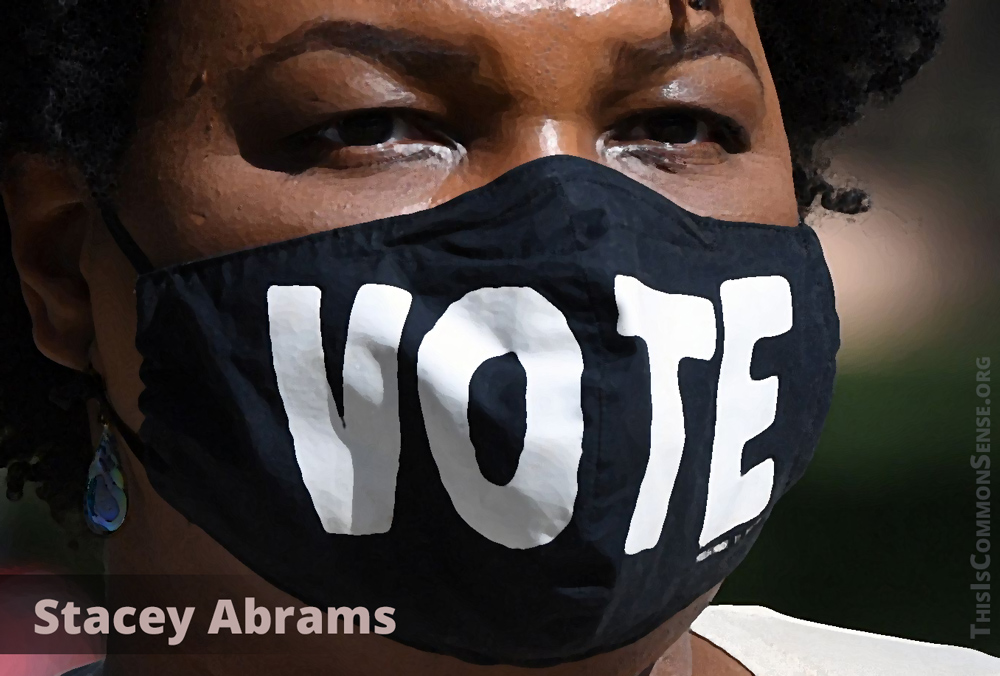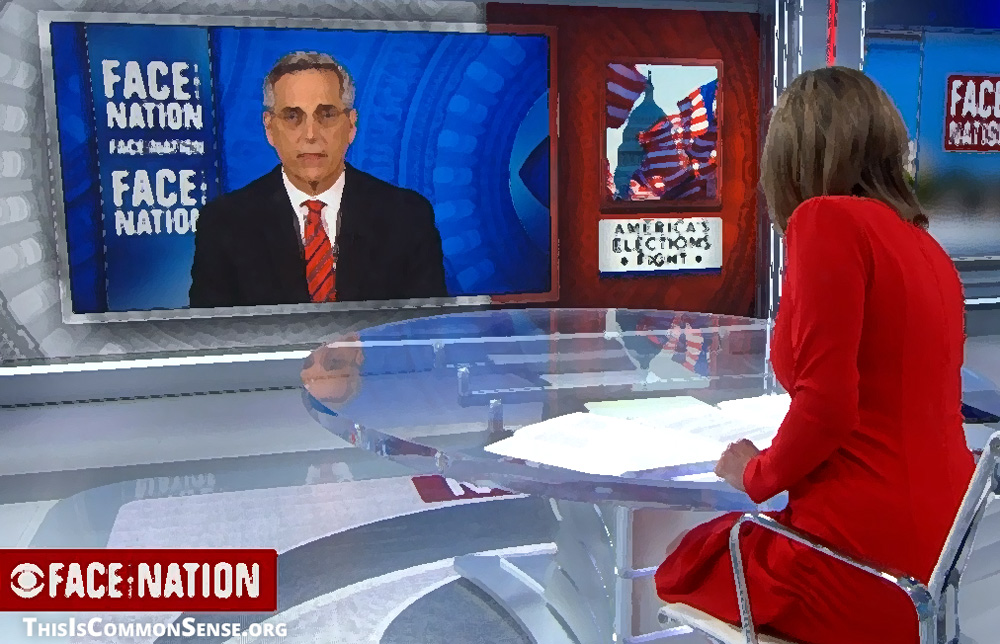“Let me be clear,” President Joe Biden told a Georgia crowd yesterday, addressing changes proposed by the Democrats to election laws nationally, “this is not about me or Vice-President Harris or our party.”
Of course not. Who would even suggest such a thing?
On this same “voting rights” subject six months ago, Biden called Republicans “bullies and merchants of fear and peddlers of lies” who “are threatening the very foundation of our country.” Though less colorful, yesterday’s address was merely more of the same.
“Pass the Freedom to Vote Act! Pass it now!” the president shouted, arguing that it “would prevent voter suppression.”
How? Well, that’s less than clear.
For years, Democrats slammed laws requiring voters to show photo identification as “racist,” contending the requirement disproportionately suppressed black voters. But then, when polls demonstrated that voters “of color” are even more supportive of Voter ID laws than are whites, Democrats quickly insisted they had always been for such laws.
Now — keep up! — voter ID laws are back to being suppressive. And the very purpose of the Dems’ Freedom to Vote Act is to strike down all such state laws.
When Georgia’s Secretary of State called for photo ID requirements last Sunday on CBS’s Face the Nation, host Margaret Brennan offered, “The Freedom to Vote Act actually does promote a national standard for states that have an ID requirement for in-person voting,” adding, “You could use a bank statement or utility bill.”
Neither of which constitutes a photo ID, as the secretary pointed out.
Democrats battling former President Trump’s so-called Big Lie have concocted one of their very own.
This is Common Sense. I’m Paul Jacob.
—
See all recent commentary
(simplified and organized)





